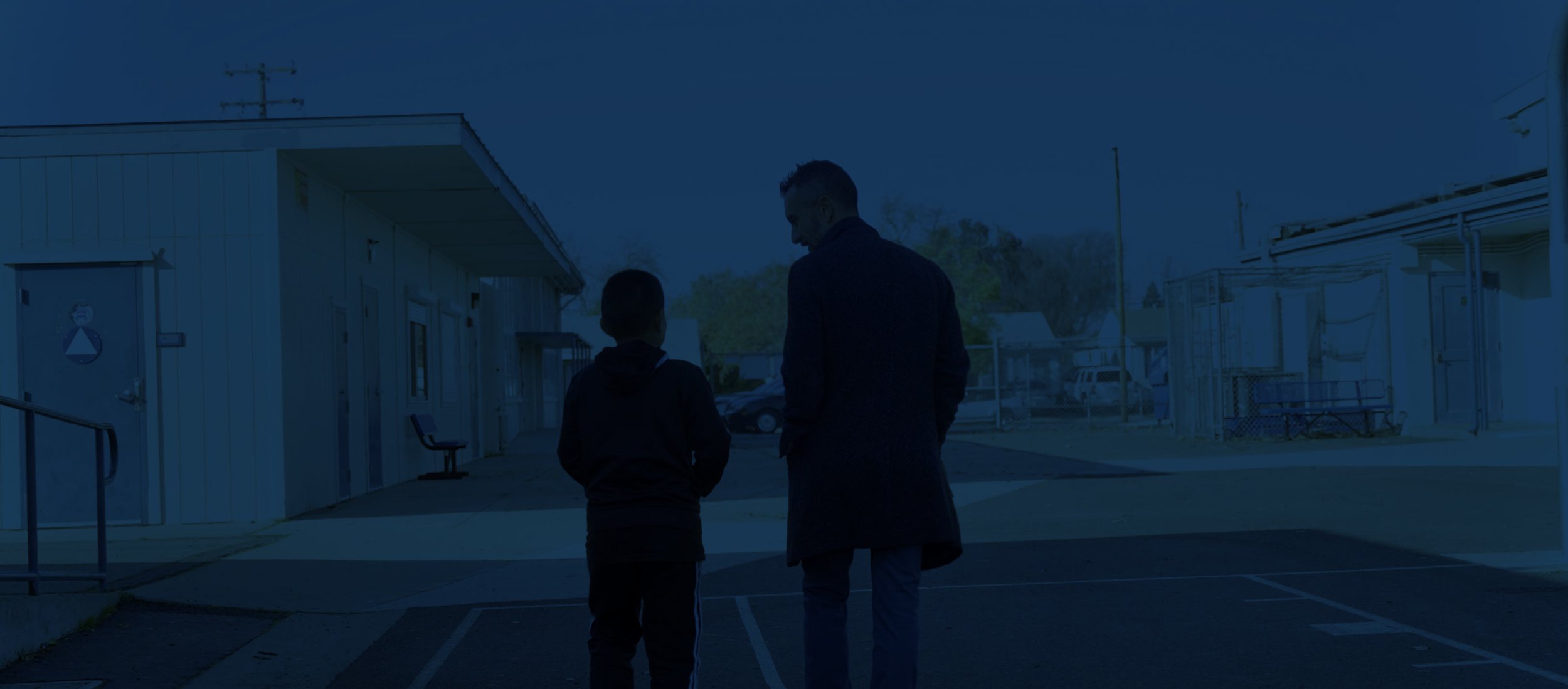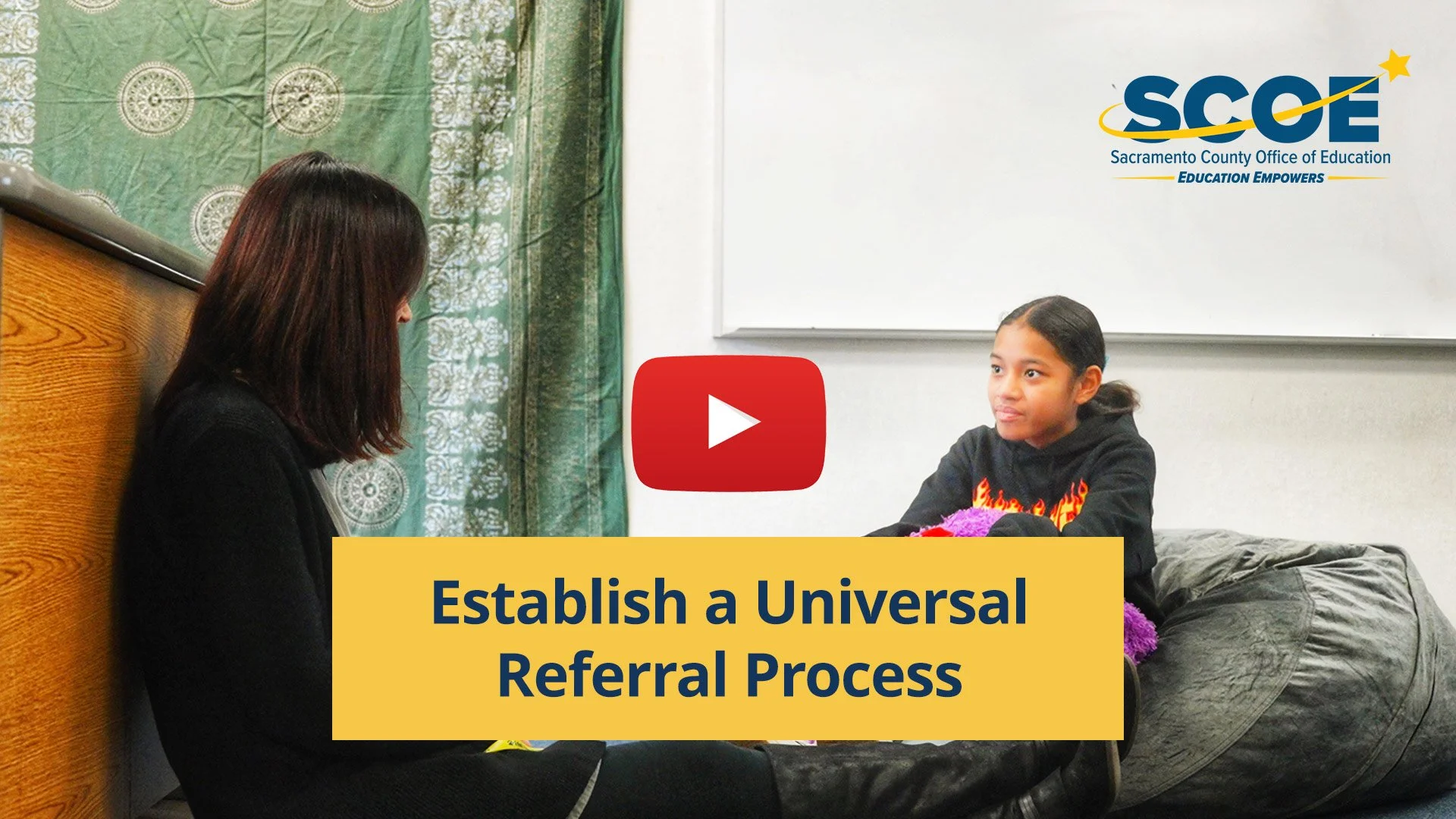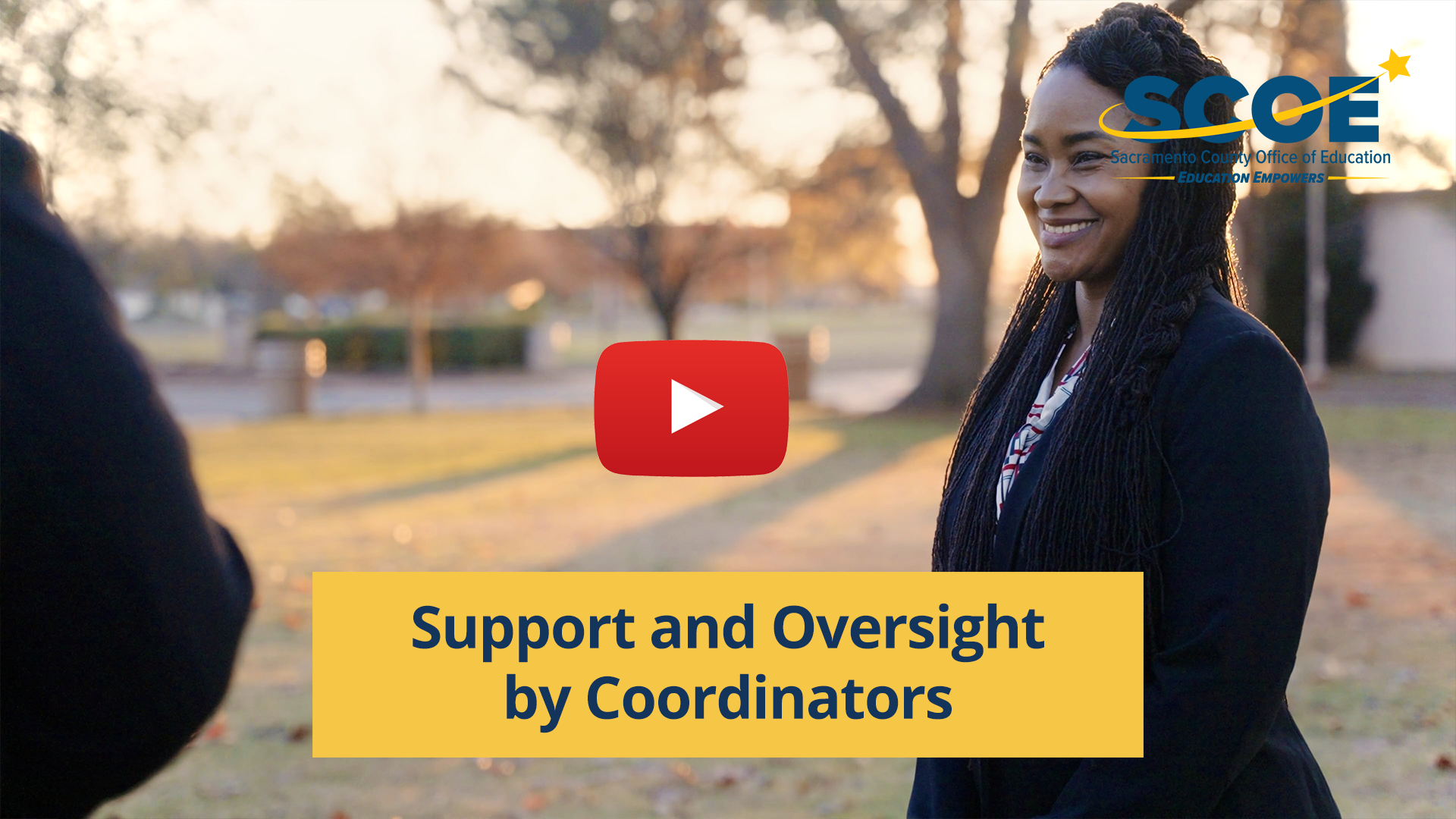
Clinician Role
Phase 1: First 6 Weeks of School
Training Resource Home > Clinician I > Phase 1: First 6 Weeks of School
Phase Overview
Phase 1 focuses on Clinicians navigating the school campus/site in the first 6 weeks of school. Tasks/activities prioritize integrating into the school culture, understanding their role within the school team, and assessing the school's interdisciplinary meeting structure. Clinicians will implement COST principles, establish a universal referral process, and work towards achieving 10 billable encounters weekly. Ongoing support via weekly supervision or monthly consultation will also be established in this phase.
Phase Goals/Objections
Begin integration into school culture and develop school relationships
Develop understanding of role in specific school team
Conduct assessment of schools interdisciplinary meeting structure
Implementation/integration of COST principles into school site process
Establish school site universal referral process
Register clients referred from universal referral process
Achieve 10 billable encounters weekly
Meet supervision/consultation requirements according to licensing status
Establish Presence on Campus
and Develop School Relationships
Learn the essential steps for integrating into a school environment as a clinician. This includes scheduling introductory meetings with key school personnel, engaging regularly with staff and students, and connecting with regional clinicians for mentorship.
-
• Schedule meeting with Principal and Coordinator, within first 2 weeks, to:
○ Provide introductory overview
○ Confirm clinical space for services (should include a confidential space, access to a landline telephone, and a locked door)
○ Request attendance, behavioral and coursework (ABC) report
• Meet with Principal, Vice Principal, Coordinator, Family Navigator, and Clinician II’s on school site
• Engage in five 1:1 interactions with staff and/or students per week
• Connect with a clinician within your region for shadowing opportunities
• Attend and introduce clinician role during back-to-school night
• Attend and introduce clinician role to school site support team
• Schedule to attend and introduce clinician role at school staff meeting(communicate date/time with coordinator and clinician II):
○ Create Venn Diagram to provide clarity on role at school site
○ Review SCOE Overview for Sites Presentation that coordinator will review at school staff meeting
○ Identify the frequency that best fits the school site to communicate clinician’s schedule and hours of operation via email with site-identified team, family navigator, coordinator and clinician II included in communication
• Meet with family navigator to discuss support and site needs
• Obtain clinician brochures by submitting the following information to program analyst:
○ Link to site referral form
○ Professional photo
○ Professional biography

School Navigation
Explore how to effectively integrate into a school's operational environment. This includes obtaining keys and learning access procedures, setting up a functional space for client interactions and familiarizing oneself with campus logistics so that you have tools ready to make you and your client feel at ease.
-
• Obtain school keys/access items from school point person or Coordinator
• Learn room and campus access/check-in process
• Prepare space for clients (furniture, manipulatives, etc.)
• Learn necessary navigation information including staff parking, restrooms, and mailboxes
• Review school schedule and calendar, sharing calendar with coordinator, clinician II, and other applicable SCOE staff
• Develop hours of operation and share via email with Coordinator and additional applicable SCOE and school site staff
• Address discrepancies between school calendar and SCOE calendar with Coordinator, and develop work plan for calendar conflicts
• Note that assigned district email account should only be used to receive district related communications. SCOE email should be used for outgoing emails regardless of the recipient of the information
Understanding Your Role
Review how you can effectively explain the SBMHW Program and your role as a clinician. Identify personal strengths and how these strengths contribute to the school community, while understanding the importance of a DEIB lens in your work. Gain knowledge about your responsibilities in crisis response and the Multi-Tiered Systems of Support.
-
• Develop comfortability with explaining the SBMHW Program to others by definition
• Develop comfortability explaining the clinician’s role in SBMHW Program to others
• Identify how personal strengths and skills contribute to school site
• Conceptualize the DEIB lens across work with students, families, school staff and SBMHW program colleagues
• Understand responsibility in crisis response at my school site
• Develop general understanding of the Multi-Tiered Systems of Support and how it relates to the Clinician role
• Understand the school community and surrounding demographics, including its strengths and areas
• Identify areas where clinician’s areas of strength could positively impact students and the school community
• Develop peer mentorship, understanding how to build a mentorship relationship with students during 1:1 check-in
• Understand professional boundaries and appropriate interactions
Gain Clarity on Current School
Site Processes
Gather essential information about systems and processes at your assigned school site. This includes mental health related processes like understanding the pre-existing mental health services available at the school already and how service referrals are managed. This also includes general school processes including the student call-out process and the crisis response protocols.
-
• Inquire about school/campus processes and procedures including learning about:
◦ Mental health direct services available
◦ Student call out process (passes, phone calls, go to classroom)
◦ Clinician response process (work cell, text, walkie, class phone)
◦ Attendance and school classroom scheduling
◦ District calendars
◦ Emergency evacuation site procedures
◦ Identified CPR certified staff
◦ Referral process and tracking
◦ Crisis procedures and after-hours point person(s) contact information
Establish Referral Process
Explore the school's existing referral processes and assess their effectiveness to ensure they meet the needs of students and staff. Identify any areas for improvement and make recommendations to enhance the efficiency and accessibility of these processes. If no referral process is in place, learn to establish a Universal Referral Process that can be easily utilized by all staff members.
-
• Review ABC data with focus on high needs students, provided by Coordinator or Principal
• Explore school’s current referral processes if established
• Establish Universal Referral Process if needed
Implement a COST Structure
Observe the current multidisciplinary meeting processes, including COST, MTSS, PBIS, IEPs, and 504s, to gain an understanding of how these systems operate within the school. Work collaboratively with meeting teams to identify where COST principles can be added/implemented to effectively support student needs.
-
• Inquire about Coordination of Services Team (COST) structure
• Assess if/how school site holds multidisciplinary meetings (COST, MTSS, PBIS, staff meetings, IEPs, 504s, SST, etc.) currently
• Collaborate with coordinator to ensure there is an appropriate referral pathway for multidisciplinary meetings
• Collaborate with coordinator to ensure school staff understands the school-based team's attendance and participation in multidisciplinary meetings (COST/MTSS/PBIS)
• Implement COST:
○ Have a site-based introduction to COST
○ Review COST PPT
○ Review Sample Referral Form
○ Review Sample COST Referral Tracker
○ Review sample COST meeting agenda
○ Scan COST Toolkit
○ Review COST takeaways (identified in Planner)
Achieve Clarity on Registration Completion
Work collaboratively with team members to register clients in need of clinical services. Review the importance of consents, release of information forms (ROIs), and assessments to ensure compliance.
-
• Identify timelines for completion of consents, release of information forms (ROIs), and assessments to maintain compliance
• Obtain client consents
• Discuss potential minor consent clients with Clinician II to ensure appropriateness prior to completing registration
• Coordinate with family navigator to collaborate on registrations, District partnering, non-clinical outreach, family workshop development, tabling, etc.
Complete Billable Encounters & Documentation
Begin providing person-centered support to students utilizing clinical creativity with a goal of achieving 10 billable encounters weekly by the end of Week 6. This involves meticulous documentation, accurate record-keeping, and effective tracking of client referrals and services. Ensuring that all documentation is completed promptly—within 72 hours for general documentation and 24 hours for crisis documentation for Associate Clinicians, and within 24 hours for all documentation for Licensed Clinicians—maintains the integrity and efficiency of clinical operations. This timeliness ensures accurate, up-to-date client records, which are crucial for informed decision-making and continuity of care.
Ensuring regular reviews of, and updates to the referral tracker is important as it prevents client referrals from being overlooked. These reviews provide a clear overview of client support progress and keeps record of clients still awaiting support. Regular updates indicate a smooth process and provide useful information for improving how referrals are handled ensuring that every client gets the attention they need. This also helps keep all team members aligned making it easier to respond quickly and adjust support when needed.
-
• Ensure all documentation is completed and referral tracker is updated
○ Associate Clinicians: Complete general documentation within 72 hours of encounter and crisis documentation within 24 hours of encounter
○ Licensed Clinicians: Complete all documentation within 24 hours of encounter
• Ensure referral tracker is updated
• Achieve 10 billable encounters weekly by the end of phase
Engage in Supervision or Consultation
Learn about the essential steps for Associate Clinicians seeking licensure through the Board of Behavioral Sciences (BBS) and the ongoing requirements for Licensed Clinicians. Associate Clinicians are expected to collaborate with their clinical supervisor, Clinician II, to develop a BBS Supervision Agreement. This agreement outlines the supervision structure and expectations, ensuring compliance with BBS regulations. Regular and structured supervision is a critical part of the licensure process, providing the necessary oversight and guidance.
The participation in weekly group supervision is mandatory for Associate Clinicians. This is because group supervision provides a supportive environment where clinicians can discuss cases, share insights, and receive feedback from their peers and supervisors. This collaborative approach helps in developing clinical skills, improving case management, and addressing any challenges that arise in their practice. The regular interaction with the supervision group fosters a sense of community and professional growth.
For Licensed Clinicians, the focus shifts towards continuous professional development through clinical consultation. They are required to attend and participate in clinical consultation sessions once per month, although these consultations are offered twice per month. This ongoing consultation ensures that licensed clinicians continue to refine their skills, stay updated on best practices, receive support for complex cases and provides an opportunity for peer interaction and knowledge exchange.
-
For Associate Clinicians seeking licensure through the Board of Behavioral Sciences(BBS):
• Collaborate with clinical supervisor (clinician II) to complete BBS Supervision Agreement
• Scan completed agreement to clinician II via email
• Maintain completion of BBS weekly logs, and submit to clinician II at least monthly for review and signatures
• Attend and participate in group supervision, weekly
For Licensed Clinicians:
• Attend and participate in clinical consultation once per month (consultation offered twice per month)
Task Supervision and Intern Oversight
(for Clinicians providing task supervision)
Obtain the skills to effectively support and mentor interns by understanding the intern task supervisor's role and conducting regular check-in meetings to address their needs and professional growth. Collaborate with the Field Instructor and other team members to ensure a comprehensive learning experience for the intern.
-
• Ensure understanding of the intern task supervisor's role and responsibilities
• Conduct check-in meetings with intern(s) as needed; offering consultation, professional growth, direction, immediate response to needs, and ethical, clinical, or personal issues that arise
• Offer guidance, support, and mentorship to intern(s) throughout their placement; helping them navigate challenges, develop their skills, and achieve their learning objective
• Learn how to create and facilitate learning opportunities for the intern(s), including exploring therapeutic techniques, and professional development activities
• Develop comfortability with delegating and outlining specific tasks and responsibilities for intern(s)
• Develop comfortability with providing constructive feedback on intern's performance, identifying areas needing improvement, and encouraging self-reflection and growth
• Collaborate with field instructor (Career Pipeline Intern Coordinator)
• Attend and collaborate in regional team meetings, SBMHW team meetings, professional development and training; supervision/consultation, and events within my school community













